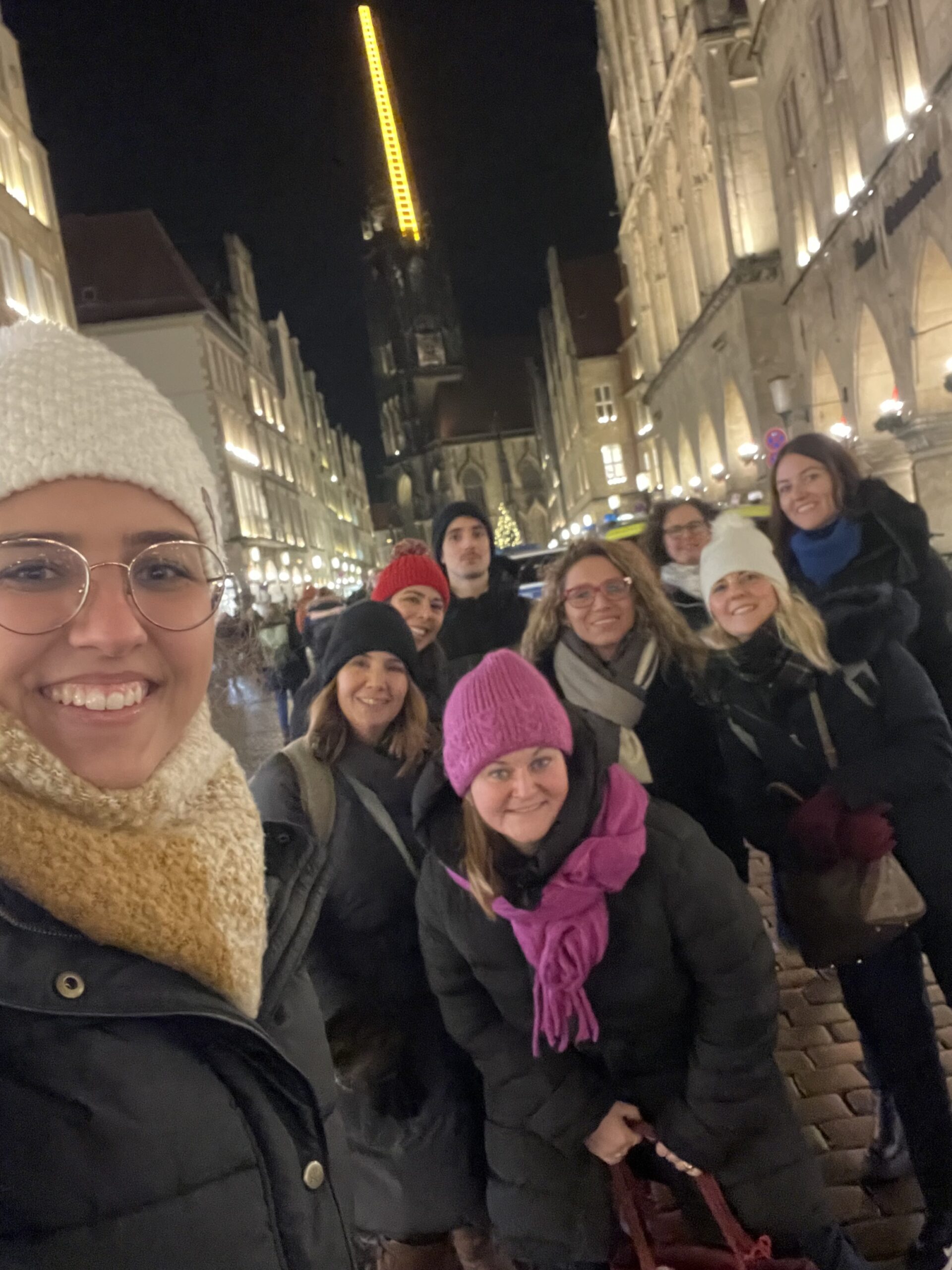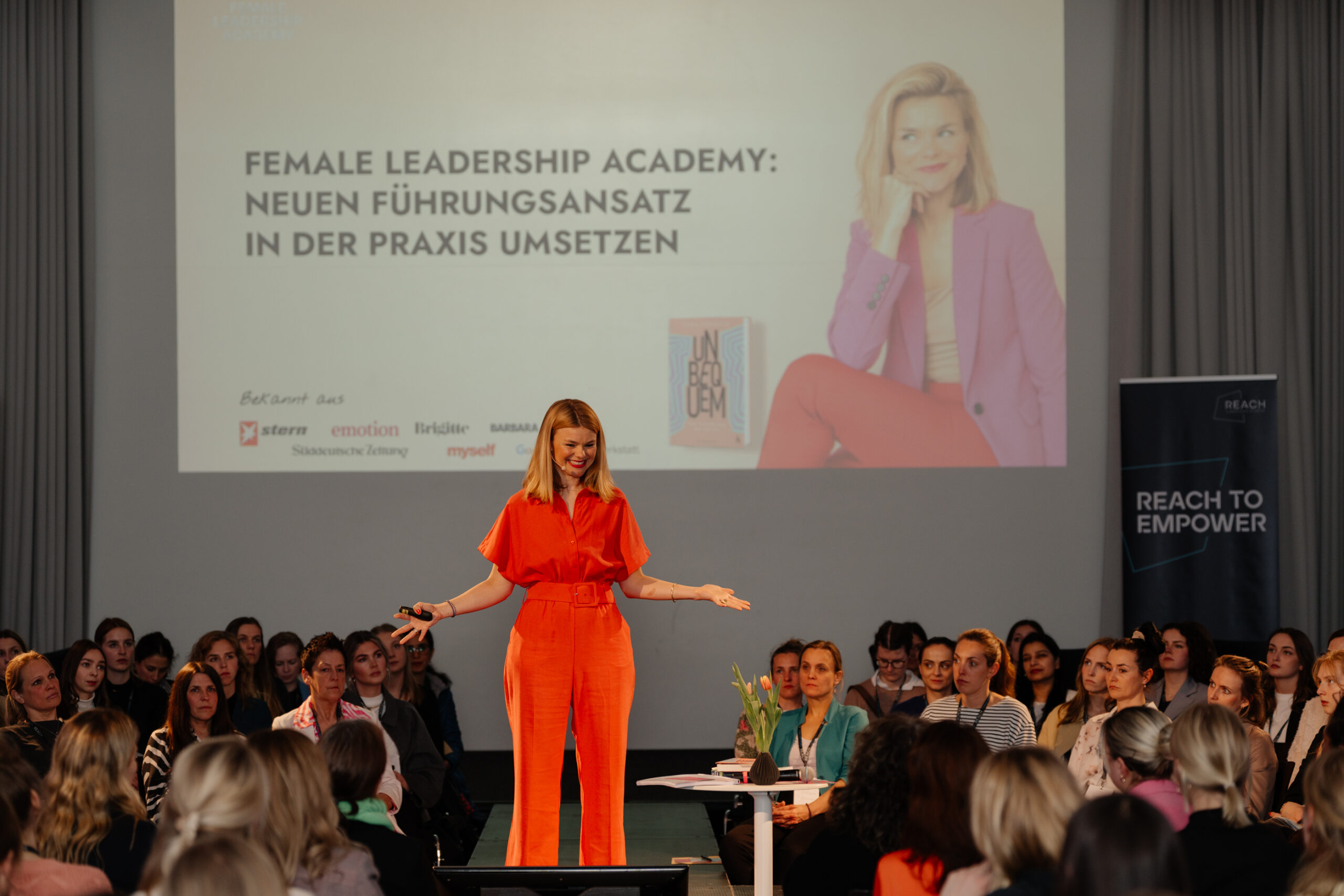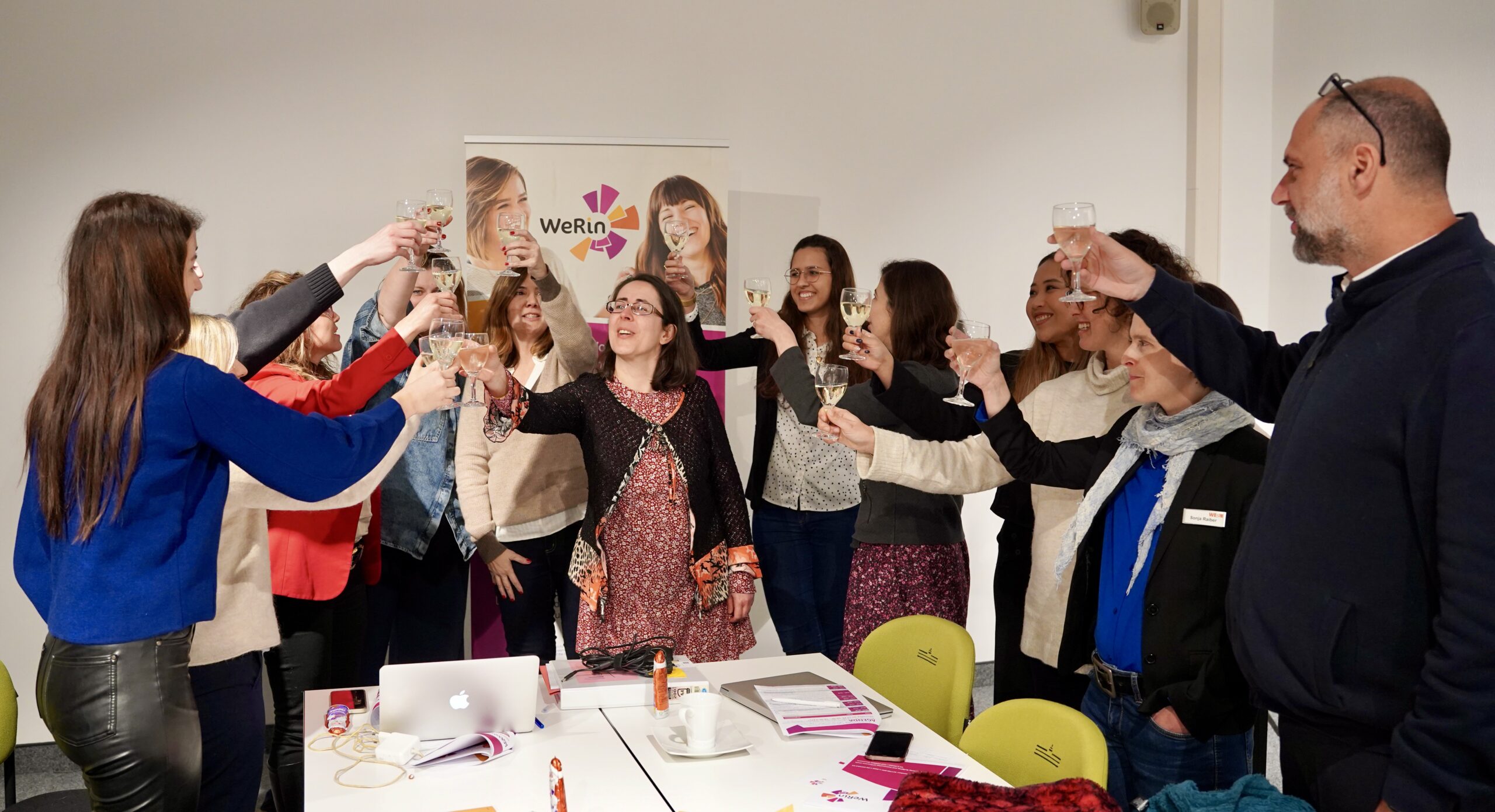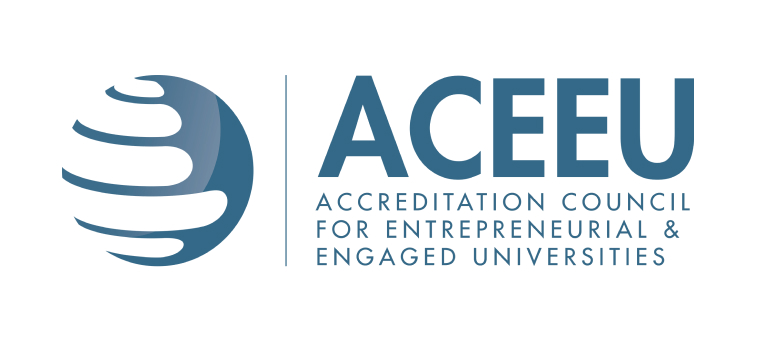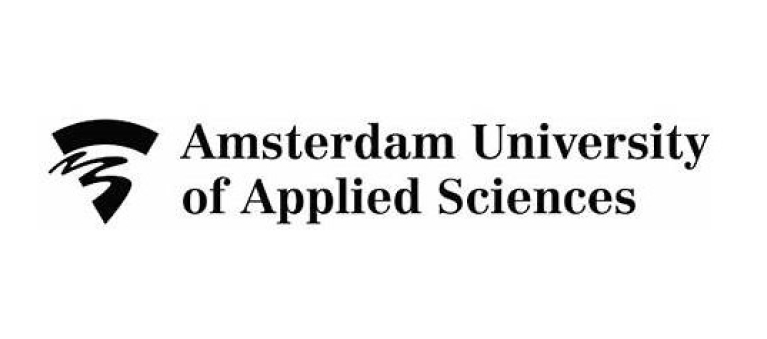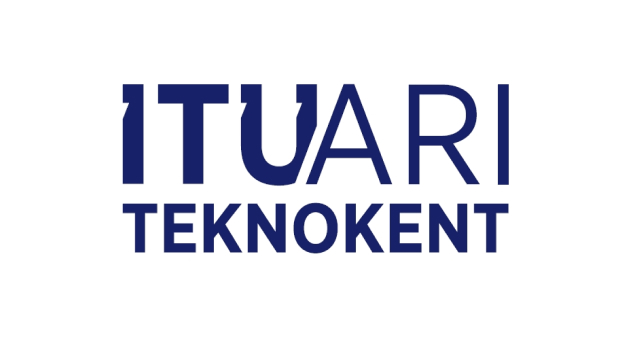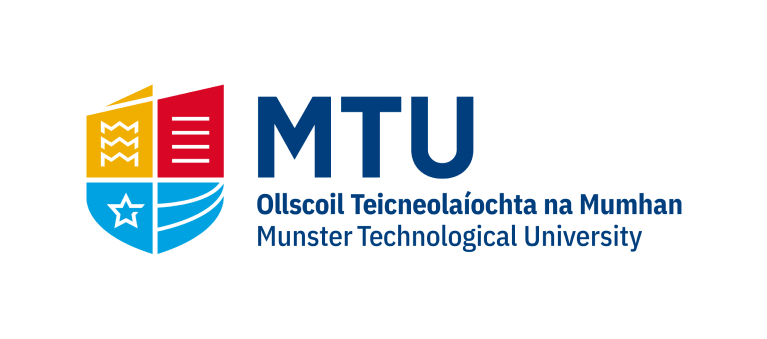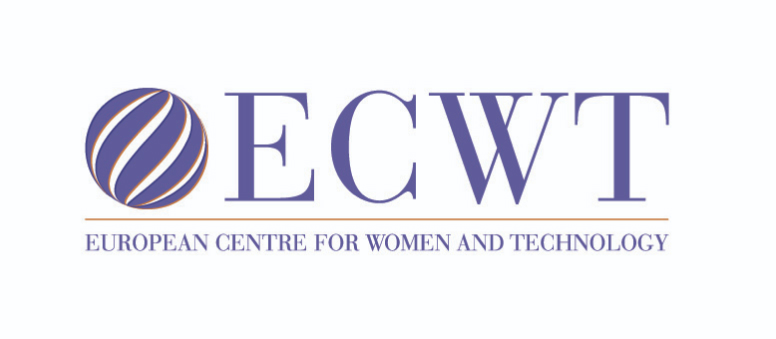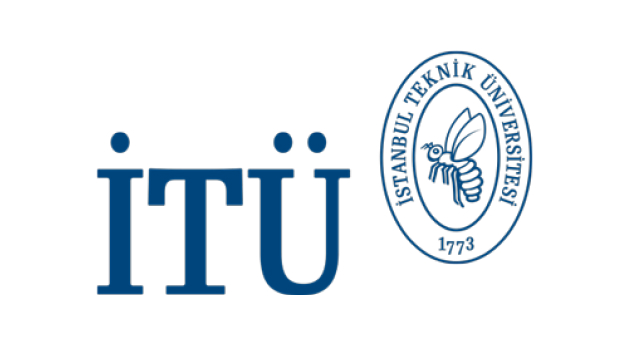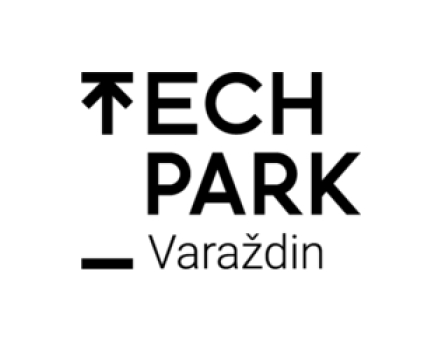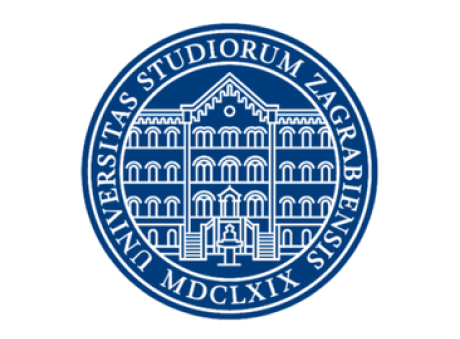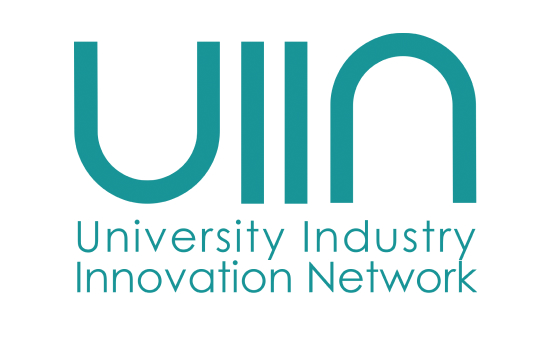By Dr. Ana Cruz Garcia (MTU)
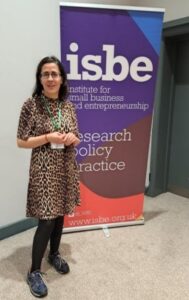
At the 2022 ISBE conference titled “Reshaping inclusive enterprise, policy and practice post-pandemic” held in York, United Kingdom, our Munster Technological University (MTU) WeRin partner, Dr. Ana Cruz García presented a paper titled ‘Pushing your horrible rock up the hill: Challenging gender neutrality in the entrepreneurial ecosystem through a framework of root metaphors’. This paper, co-authored with Dr. Sarah Davis, was presented in the gender track and draws on 20 semi-structured, in-depth interviews with women entrepreneurs in Ireland (data obtained from the WeRin regional scan). The constructive input from experts in the field of gender and entrepreneurship, including Sally Jones, Helle Neergaard and Lorna Treanor will improve the paper, which was well received.
Among the crucial elements constituting an entrepreneurial ecosystem are informal and formal networks, incubation centres, regional enterprise offices and public policy. The assumption with these elements is that they are open to all and offer a gender-neutral backdrop to support, advise and facilitate the growth of entrepreneurial firms because the focus is on the commercial potential of the venture and not the gender of the entrepreneur.
Despite the nature of inclusive ‘open’ entrepreneurial ecosystems, women are under-represented, even with the creation of women-only entrepreneurial networks and programmes to include and improve women’s contribution and participation and to create a sense of balance. As the literature shows, oftentimes these women-only programmes result in increasing ‘ghettoization’ or require women to adapt to alleged gender-neutral norms to succeed, and they seem to benefit men and women entrepreneurs disproportionally.
Metaphors are linguistic and cognitive resources encompassing how we think and reason. Metaphorical reasoning compares a new experience with a context that is familiar and comforting and reflects the underlying patterns of beliefs, thoughts and attitudes that shape how we structure and interpret our own experience and how we perceive and comprehend the external world. Theoretical work in the area of entrepreneurship and metaphors is quite recent and centres around Lundmark and colleagues’ work (2019) that explores eight root metaphors comprised of parenthood, mutagen, conduit of knowledge, method, mindset, networking, exploration, and politics.
None of these ecosystem metaphors considers a gender distinction; however, the paper we wrote aimed at exploring a gender dimension in the context of entrepreneurial ecosystems and gender neutrality using these metaphors. We explored three main aspects:
(1) what metaphors describe women’s experiences in their entrepreneurial ecosystem;
(2) the ways in which these metaphors fit (or not) into Lundmark and colleagues’ exploration of the eight root metaphors in the field of entrepreneurship and
(3) what do these metaphors tell us about the cognitive processes of women regarding gender and gender neutrality in the entrepreneurial ecosystem in which women’s entrepreneurial ventures are nurtured?
When a framework to outline women’s experiences within the entrepreneurial ecosystem and to provide insights into the idea of gender neutrality in this space was applied, we were able to argue that the metaphors women entrepreneurs use to describe their experiences of entrepreneurship in the ecosystem reflect three main aspects of women’s entrepreneurship;
- the eight metaphors described by Lundmark and colleagues are all present in the interviews, and some, like parenthood, mindset, networking, exploration and politics were more frequently cited;
- the metaphors reveal a gendered perspective to the women’s entrepreneurial pathway that exhibits a lack of neutrality in the ecosystem that can disadvantage women and their businesses;
- the metaphors also reveal women-specific areas of empowerment, such as parenthood and family, that are currently undervalued in entrepreneurship but may suggest avenues for inclusion in the ecosystem in the future.
The exploration of the metaphors used by women entrepreneurs provides some thematic outcomes of importance that may guide policy to improve women’s entrepreneurship and entrepreneurial gender inclusivity. The thematic spectra identified in this research point to paradoxes for women entrepreneurs which, as a result, may contribute to ecosystem ambivalence, with messages such as ‘invited in but not welcome’ or ‘the open door’ of support and the reality is more like ‘hitting a wall of fences’ or ‘dropping off a cliff’. They highlight thought processes that provide sources of conflict for women entrepreneurs in negotiating their entrepreneurial ecosystem supports.
A better understanding of this ambivalence and of how women entrepreneurs view and cognitively interpret gender neutrality and social safety in the entrepreneurial ecosystem may shed some light on why the number of women entrepreneurs lag behind before, during and after passing through the entrepreneurial ecosystem. It may also help inform policymakers of the urgent need to create inclusive and transformative (rather than adaptive) entrepreneurial ecosystems for women entrepreneurs. Currently, policy interventions and supports aim for increased numbers but do not delve into the complexities of what it means to be a woman entrepreneur in a heteronormative (male) entrepreneurial ecosystem.


